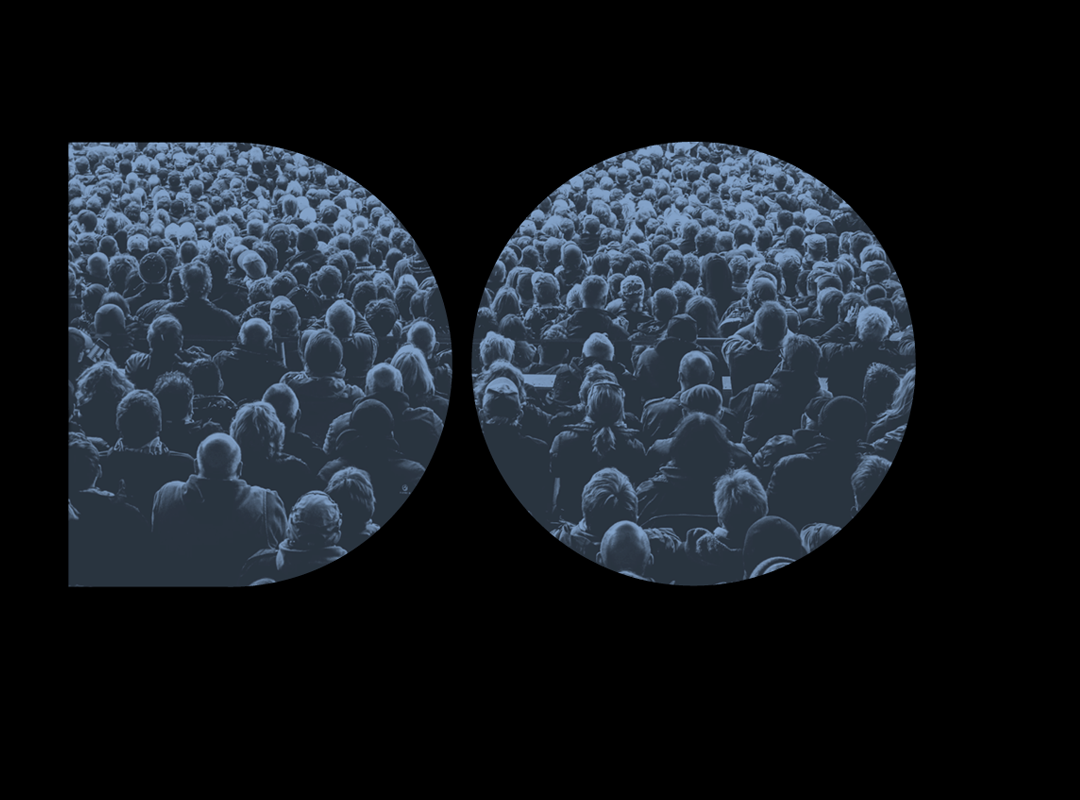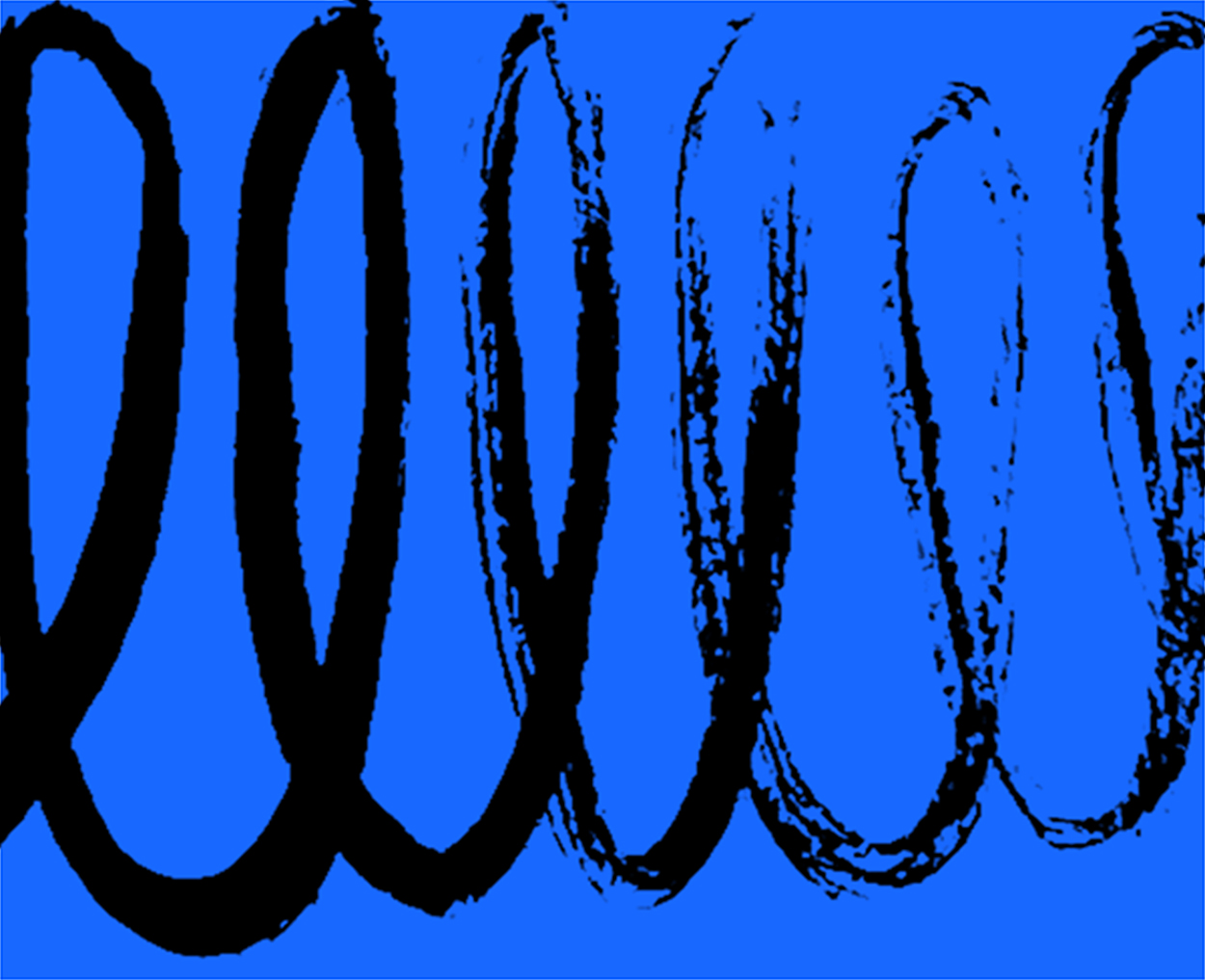
March 26, 2007
Annals of Ephemera: Town & Country Cookbook

Cover, Town and Country Cookbook, 1953
Books are, by their very nature, often judged by their covers. Like miniature posters or single-frame film trailers, the book cover is the visual prologue to what lies beneath. Book cover designers are visual choreographers who frame miniature narratives in order to tease prospective readers into wanting more. Which often means showing less.
Or not.
It’s unclear what, exactly, inspired the anonymous designer of this 1953 cookbook. A cursory glance at the stark red-and-white palette suggests shades of a Russian Constructivist influence, but a closer look reveals nothing of the kind. There is no apparent formal strategy at work here (save for the ascender of the lowercase “d” in “and”, which shoots skyward and bifurcates the entire cover) and no structural rationale, but for a book that was spiral bound and typewriter-typed, the cover represents someone’s formidable effort to make something striking.
And striking it is. The typography seems to combine a kind of Currier and Ives illuminated capital (a weak riff on the splendors of Imre Reiner, popular in post-war greeting card design) with a series of hand-drawn letterforms that are generously spaced apart so as to minimize their sameness. “Cookbook” is reversed out of a ribbon-like field of red, while “Cookie” is underscored with a smudge of black ink that appears to have been lifted from a Ronald Searle caricature. And what is there to say about the attenuated descender of the lowercase “y” in “country” — with its loop at the end, like a grace note lifted from a Bach gavotte? It’s so bad it’s good.
Finally, there’s the decapitated head and shoulders of a little boy, his mouth wide open in what appears to be a look of genuine sugar-induced insanity. Is this a look of anticipatory glee, or a child breaking out in hives? Did those Filbert Butter Balls on page 22 freak him out completely, or did his mother just walk into the kitchen naked? It’s an unsettling image — one part Hitler youth, one part Dennis the Menace — that echoes its surrounding tableau of typographic uncertainty. In a comparatively early exposition of mash-up, the Town and Country Cookbook leaves nothing if not a curious aftertaste.
Observed
View all
Observed
By Jessica Helfand
Related Posts

Graphic Design
Sarah Gephart|Essays
A new alphabet for a shared lived experience

Arts + Culture
Nila Rezaei|Essays
“Dear mother, I made us a seat”: a Mother’s Day tribute to the women of Iran

The Observatory
Ellen McGirt|Books
Parable of the Redesigner

Arts + Culture
Jessica Helfand|Essays
Véronique Vienne : A Remembrance
Recent Posts
Mine the $3.1T gap: Workplace gender equity is a growth imperative in an era of uncertainty A new alphabet for a shared lived experience Love Letter to a Garden and 20 years of Design Matters with Debbie Millman ‘The conscience of this country’: How filmmakers are documenting resistance in the age of censorshipRelated Posts

Graphic Design
Sarah Gephart|Essays
A new alphabet for a shared lived experience

Arts + Culture
Nila Rezaei|Essays
“Dear mother, I made us a seat”: a Mother’s Day tribute to the women of Iran

The Observatory
Ellen McGirt|Books
Parable of the Redesigner

Arts + Culture
Jessica Helfand|Essays

 Jessica Helfand, a founding editor of Design Observer, is an award-winning graphic designer and writer and a former contributing editor and columnist for Print, Communications Arts and Eye magazines. A member of the Alliance Graphique Internationale and a recent laureate of the Art Director’s Hall of Fame, Helfand received her B.A. and her M.F.A. from Yale University where she has taught since 1994.
Jessica Helfand, a founding editor of Design Observer, is an award-winning graphic designer and writer and a former contributing editor and columnist for Print, Communications Arts and Eye magazines. A member of the Alliance Graphique Internationale and a recent laureate of the Art Director’s Hall of Fame, Helfand received her B.A. and her M.F.A. from Yale University where she has taught since 1994.